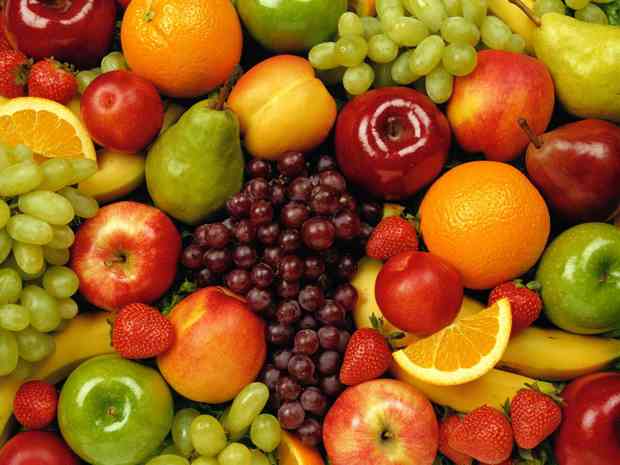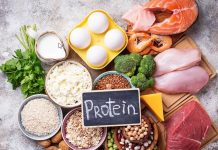Indigestion refers to an uncomfortable pain in the stomach or chest that usually occurs after a person has been eating or drinking. Other symptoms of the condition include feeling full and bloated, feeling nauseous, belching and heartburn.

The use of fruits in general is beneficial in the treatment of indigestion. They flush out undigested food residue and accumulated feces and re-establish health. Being rich in water, fruits also clean body mechanism thoroughly.
Listed below are some fruits that help to relieve the symptoms of indigestion:

Lemon
Though lemon juice contains citric acid, when it is mixed with water, it becomes alkaline which helps in neutralizing the stomach acid. It cleanses toxins and impurities from gastrointestinal tract. Lemon juice also balances the pH levels so the digestive system can function properly.
Oranges
Oranges can be easily absorbed by the body even in times of chronic indigestion, and they provide necessary nutrition to the body. They also cleanse gastrointestinal tract and act as an appetite stimulant. Oranges also help in the production of bacterial flora of the intestine, which is necessary for intestines to function properly.
Banana
Bananas are easy to digest and generally do not upset the stomach. The fruit is also known for helping with stomach issues due to its pectin content, which helps to naturally firm bowel movements.
Papaya
Papaya helps encourage digestion, ease indigestion, and also help with constipation. The papain and chymopapain enzymes in papaya help break down proteins and soothe the stomach by promoting a healthy acidic environment.
Grapes
Grapes provide a cooling effect to the gastrointestinal tract and help relieve indigestion.
Raspberries
Raspberries are not only low on the glycemic index and making them weight-loss friendly; they are also a good source of both fiber and resveratrol, a potent antioxidant known for its anti-inflammatory properties. Combined, the two can help keep your belly full without making your acid reflux flare up, which is one of the symptoms of indigestion.
Pears
Pears are high on water content, and they can help neutralize some of your stomach acid. Their fiber content can also keep your belly full and reduce the likelihood of exceed acid production that can lead to indigestion.
Other than consuming these fruits, there are many things you can do to help prevent indigestion and improve your overall digestive health, such as:
Eat plenty of fiber every day
Fiber is essential for your overall health. From now on, avoid junk and fast foods diets that are high in fat but very low in fiber. A high-fiber diet does not only help digestion, it can also help prevent diabetes, coronary heart disease, hemorrhoids, colorectal cancer, and other disease. Increasing your daily fiber intake means you have to eat more vegetables, fruits, whole grain cereals, and nuts. However, broccoli, baked beans, cabbage, and cauliflower should be avoided as those foods give you gas that can trigger upset stomach.
Eat slowly
Be mindful about meals. Eating while watching TV, reading book, or chatting on the phone send mixed messages to the brain that can compromise your digestion. Just sit down, take your time, chew your food and enjoy every bite of your meals. Try to avoid bending or lying down too soon after eating.
Eat less food
Try not to overeat. The bigger meals you have, the more acid your stomach has to produce to help digest that food. This will increase your chances of getting indigestion and heartburn.
Exercise regularly
In a study published in Clinical Gastroenterology and Hepatology journal, scientists found a link between lack of exercise, obesity, stomach pain, diarrhea, and irritable bowel syndrome. This has shown that physical activity can actually help reduce many digestive problems.




